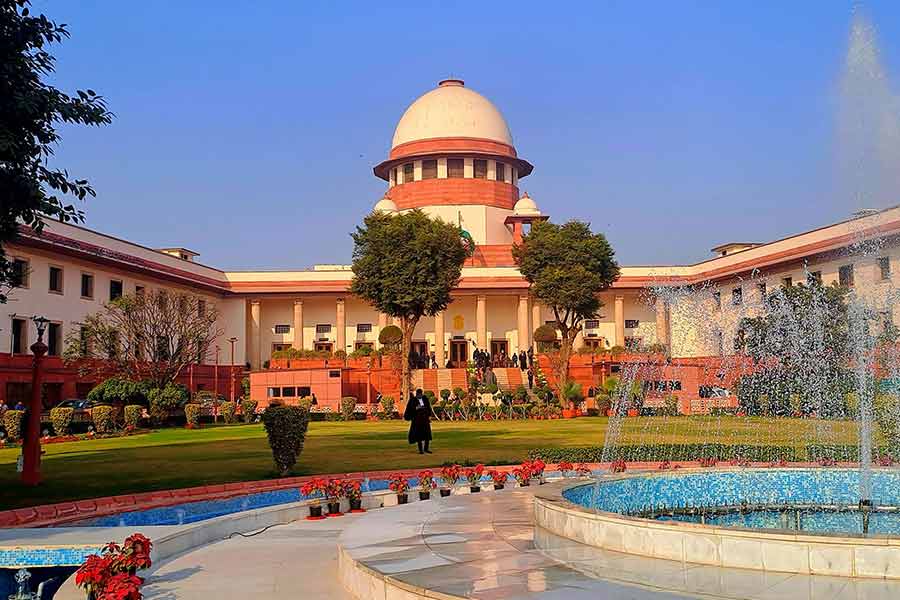The Supreme Court of India seems to be in favour of decriminalising defamation, a Damocles’s sword that hangs over much of the media.
A bench of Justice M.M. Sundresh and Justice Satish Chandra Sharma made a remark in favour of the move during the hearing of a case filed against news portal The Wire by Amrita Singh, a retired teacher from Jawaharlal Nehru University (JNU).
“How long will you go on dragging this,” Justice Sundresh asked, as reported by legal news website Bar and Bench.
Appearing on behalf of the news portal, senior advocate Kapil Sibal said a similar case against Leader of Opposition in the Lok Sabha Rahul Gandhi is being considered.
“Alright, notice and tag. I think time has come to decriminalise all this,” Justice Sundresh reportedly observed.
Sibal agreed with the judge’s remark.
The case pertains to an article published in the news portal that alleged that Professor Singh headed a group of JNU teachers who had compiled a 200-page dossier with derogatory remarks about JNU.
Defamation laws exist in some form or the other in around 160 countries across the globe including the bigger democracies like India, the US and the UK.
Defamation is a criminal offence in 39 of the 47 countries in Africa, 38 of 44 in Asia and the Pacific, 15 out of 25 in Central and Eastern Europe, 29 of the 33 Latin American and Caribbean countries, 20 of the 25 in Western Europe and North America, according to a report published by Unesco in 2022, .
After the Narendra Modi government substituted the Indian Penal Code (IPC) with a new set of laws, Section 356 of the Bharatiya Nyay Sanhita (BNS) criminalises defamation, replacing Section 499 of the IPC, framed during the British rule.
The Supreme Court in 2016 upheld the validity of the Section 499 which was challenged by politicians like Rahul Gandhi, Arvind Kejriwal and the BJP’s Subramanian Swamy.
Magisterial summons were issued to The WIre in February 2017, a year after the JNU teacher filed the criminal defamation case. Last year, the apex court set aside the summons and directed the magistrate to take a fresh call on the issuance of summons after examining the article.
The lower court’s fresh summons to the portal and its political editor in January this year challenged and subsequently dismissed by Delhi High Court. After that, the matter landed at the Supreme Court.












